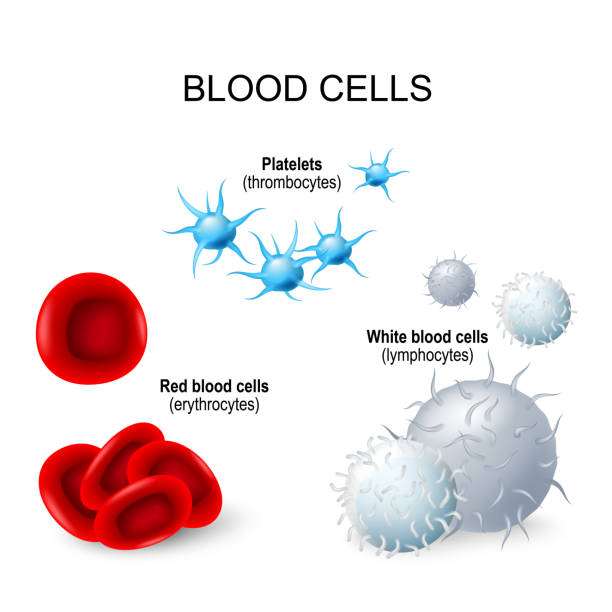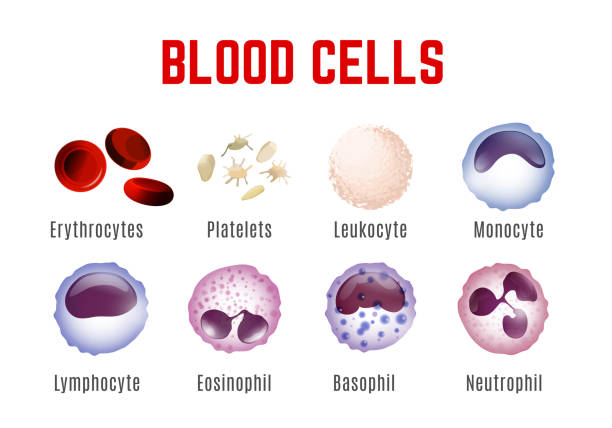
White blood cells, also known as leukocytes, are a vital part of the body’s immune system. They are responsible for defending the body against infection and disease. There are several types of white blood cells, including lymphocytes, neutrophils, eosinophils, basophils, and monocytes. Each type of white blood cell has a specific function that helps protect the body.
Lymphocytes are responsible for recognizing and attacking foreign substances, such as bacteria and viruses. Neutrophils are responsible for engulfing and destroying bacteria and other foreign invaders. Eosinophils help to reduce inflammation and fight parasites and allergies. Basophils play a role in inflammation and are involved in allergic reactions. Monocytes are involved in the body’s healing process, helping to repair damaged tissue.

